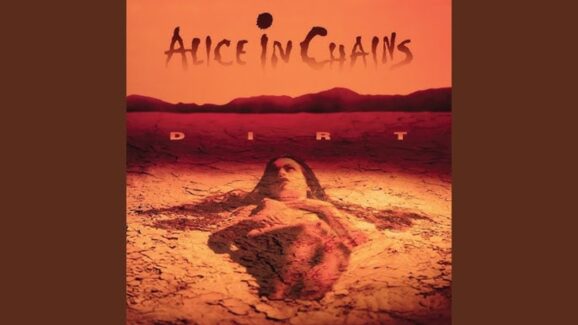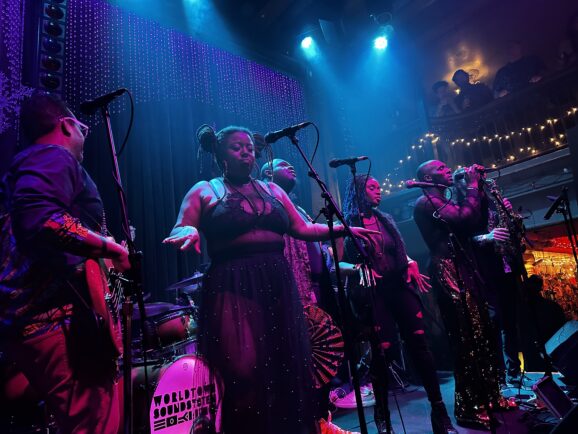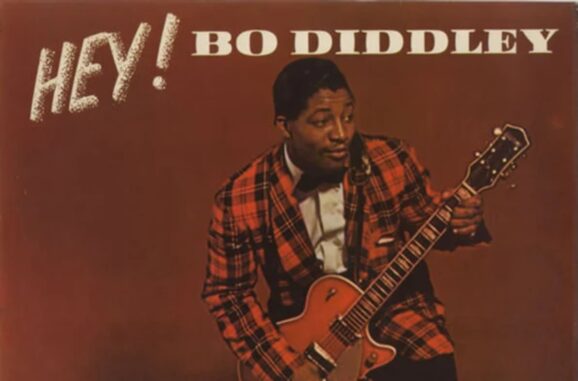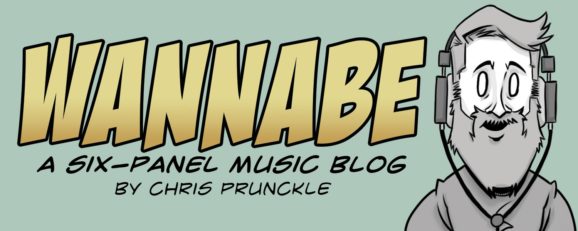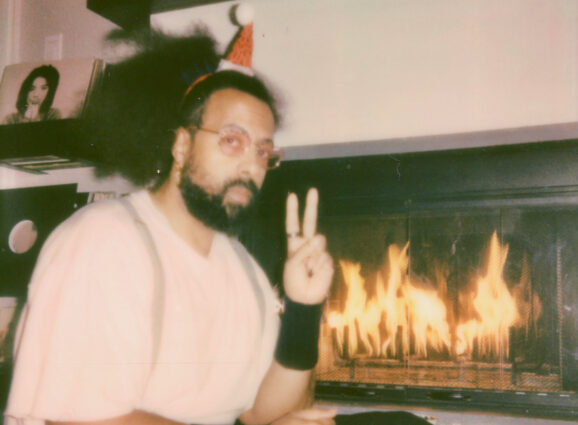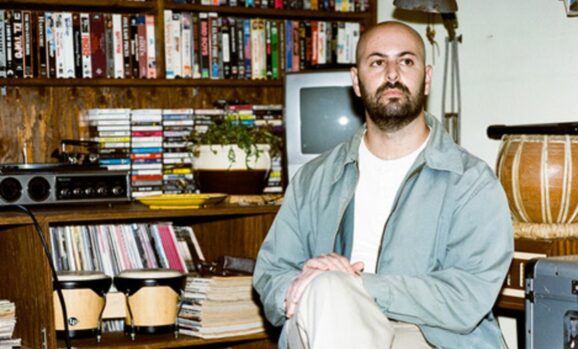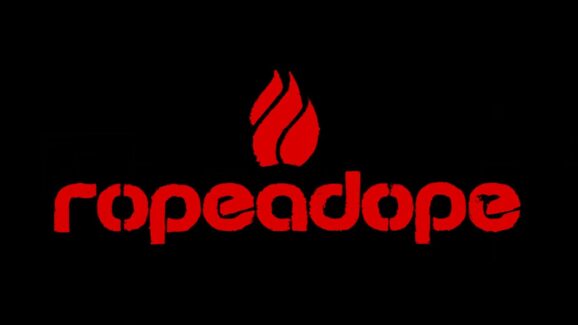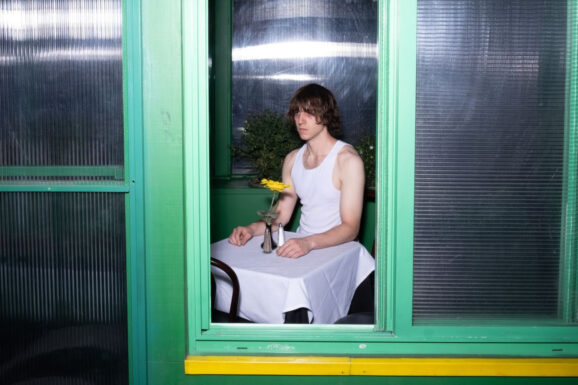The experimental, Philadelphia-based band Luna Honey, recently released their album Bound, which arrived on cassette, CD, digitally, and via streaming. It marks their first collection since vocalist and lyricist Maura Pond, guitarist Benjamin Schurr, and bassist Levi Flack geographically reconvened in Philadelphia after a period of long-distance collaboration that made their work more challenging. Each of the band members are essentially multi-instrumentalists, and each of their albums so far has its own particular mood, and Bound is no exception. You might describe its mood as adventurous.
The description of their album that they posted on Bandcamp, referencing “bangers and lullabies,” is effective and accurate since Bound takes the audience down a path into the unknown, exploring heavier sonic territory as well as minimalist, almost ethereal explorations. That contrast, however, makes for an exhilarating journey, and one that suggests the energy of this new era of Luna Honey as well as the notable energy they bring to their live shows. I spoke with Maura Pond about the band’s working methods on Bound, their ideas behind track ordering, and where she feels inspiration comes from for an artist observing our multi-faceted world.
I see that you used a lot of home studio space to make the album but also went into a studio for a few tracks.
Yes, we were finding that there were some things that we really needed the space for. We were finding on the demos that we made of some of these, particularly songs like “Kerosene”, that they just didn’t have that oomph that they did when we played them live. So we went to our friend, Dan Angel’s studio, with a big, big space, and we were able to not just record ourselves playing together, but use the PA to pump out the electronic beats, so that the beats themselves have a touch of the organic to them. You can kind of hear what they sound like in a room. It adds a little extra texture in there.
I really like that song, “Kerosene,” a lot. It’s one of the heaviest on the album. I can see how, live, that would really get people’s attention.
We’ve still got the quieter songs on there, too, that are maybe a little more minimal. We tried to keep from making noise just because we can, and let them be a little more vulnerable, able to stand on their own.
I get the sense that there’s a lot of energy here behind the new creation of these songs. I don’t know if I’m reading that into the situation, but I read about how you all, geographically, came back together in Philadelphia. Are these songs a kind of outpouring of that reunion? Some of the variety here feels like that, inviting all the sounds to the party.
I think, definitely, we’re all really grateful to still be working together. There’s just been a lot that’s happened since the band started. It has not been an easy time. A lot of the things that happened could have split us all apart. Then, being physically apart, we were trying to do various things. Ben and I were down in Richmond, and Levi was up in Philly for a while, and we were doing these long commutes to try to have band practice. It was no good.
So it felt like a big weight off to finally be back in the same place, and having making music be fun again, rather than having so many logistics attached to it. We’d have to schedule a month ahead to go on a long trek and hope that the spark happened that day. But a lot of songwriting is more organic than that, and you can kind of pre-plan it, but you miss a lot in-between. I think we all have a sense of, “Thank goodness that we persevered through, what hopefully were the bad times, and now we’re in a different phase.” I think that comes through on the record.
I think you can kind of scare off the naturalness of creative work. I’ve heard of bands building whole studios just to record an album, and it seems so extreme.
That’s totally a wild-eyed thing to do, though. I think most bands I know would love to go somewhere, lock themselves in, and record somewhere. Personally, because I’ve not really had a chance to do that, it still sounds awesome, but I can see how it would be less natural.
What sort of form are the germinal songs in when other members hear that work? Do you write separately, then share?
It depends. I do write all the lyrics, so that part is consistent. Other than that, we have practice once a week, and we’ll noodle on things at practice. We’ll try to record it, and some of those things we’ll turn into songs later. Sometimes, one of us will sit down, come up with something, and share it around. On a song like “Gravity”, Ben was making a lot of tape loops, and there was one loop where I said, “I think I hear something to that.” So he sent it to me. I don’t remember if I wrote the bass first, or vocals first. We do all kinds of trade-offs.
“Vacuum Cleaner” is one that Ben and Levi did the music for a couple of years ago. We don’t usually do that. We usually just finish stuff up. But with that one, I had an idea in my mind that I wasn’t able to write the right words for. It took a couple of years of trying, and pulling it out. I’d say, “Nah, that’s not right”, and put it back again. That’s actually mostly improvised. I wrote the lyrics a day or two before we went into the studio for it. I like to have the lyrics done, but not necessarily have a firm sense of what the melody is going to be until we’re recording. Because sometimes, you get that first take, and it’s really, really good. There’s something about the looseness of figuring out what the melody is going to be that can do that. It doesn’t always happen, but when it does, I always try to capture it. That’s one of the last pieces, the melody. It’s sort of the surprise at the end.
That’s amazing. Most people want the melody very early on as a kind of security blanket to build the song. That’s very brave.
[Laughs] It’s kind of scary. What you hear on the album for “Vacuum Cleaner” is the first take of that. That feels a little funny and self-conscious to let go and do in front of people. It can be very loud, and yet you don’t have a solid grip on what you’re doing. I think all of us are trained to pull from a very instinctual place, making sure that we capture the pieces of improvisation, and then, we can arrange them later.
That’s so interesting. On “Vacuum Cleaner,” the vocals really do feel like a reaction. It has an almost multi-media feeling to it, like a play or drama, in that way. It’s not that big a step to move into live songwriting from there.
We usually do it instrument-by-instrument, so there’s not as much of us all playing together. People will ask, “Who’s doing the Producing?” We are all kind of doing that, when we’re recording the individual tracks, or making decisions about layers. For that reason, the studio is really important for us in the songwriting process.
How important is sequencing to you? When do you start thinking about that?
I’ll listen to a demo, and drive around to it, and once it has lyrics, it moves into a category of, “Here are our songs that will become final.” I do pretty much immediately start sorting that into an album order, and we’ll have a discussion if we’re missing anything. The album order and track order does play into the songwriting. Maybe because there might feel like there’s a hole somewhere, and that can be almost a writing prompt. We’ll go through things we’ve been working on, and track down that beat. Order and finalizing what’s going to be on the album is a part of the process.
That’s becoming less common to think of album construction so intensely in Pop and Rock, but it’s more common in ambient music, instrumental music, and other kinds of music. You all are so experimental that I was guessing that you see the album as one whole experience for the audience.
Yes. Without over-intellectualizing it too much, Ben and I like a lot of longer-form pieces. When we worked on Branches, that’s a four-part album. I think of that in the way that classical music would be arranged, with movements. That’s intended to be a whole. That did change, I think, my way of thinking about pacing. I like long things! It gives you terrain to walk through.
Bound was a little bit of a struggle because there were a lot of songs where we wondered if we were taking things too far by adding a lot of minimalist songs to the second half of the album right alongside so many “hot” ones in the beginning. After sitting with the album, listening to it a couple times, for me it seemed to click. It feels like you’re going on a kind of path. So we decided to stick with that.
I think it’s wonderful that you treated the album as its own creature. Can you tell me more about deciding to put the heavier songs first and the more minimal songs following?
The big question was whether to put the challenging, abrasive songs in the middle. “Kerosene,” when we all listened back to it, felt like the beginning, though. It was like the action movie that had something intense happening immediately. That kicks things off. With “Vacuum Cleaner” right after that, it’s really intense, but it’s also placed there so that you really don’t know what you’re going to be listening to.
“Kerosene” is more of a familiar Rock song and “Vacuum Cleaner” is more out there. I think it’s fun to do that. Then, to cool it off, we have “Barbie Cake” which a kind of fun-sounding song, and that keeps you on your toes. It challenges assumptions that you might have coming into it about what you might be listening to, and then, easing into it, you have the gentler songs.
Do you have a philosophy or idea of where you think your writing comes from or what the subconscious is? Maybe the bigger question is about what it means to you.
I think the answer as to whether I have a philosophy is “Yes,” but I’m not quite sure I’ve nailed the right way to describe it, other than that things originate in the gut. I think you go out there, and you accumulate your experiences, and maybe you read something interesting, like a news article. Then you’ve got all this fodder flying around in your brain. Then, if you reflect on how you’re feeling, and what you’re seeing in the world, and try to match things up.
I don’t want to say that it’s “divine inspiration”, because that sounds super-lofty, but I do think there’s some kind of universal feeling of inspiration and creativity that artists tap into when they are trying to be open. That’s definitely part of it, trying to keep that open and see what parts of the brain bits flying around nestle into the right spots.
That suggests a degree of having to pay attention, to the world, and to what’s happening inside yourself.
I think that’s the other reason that there’s so much of a shift in what the music sounds like on this album. To me, we don’t live in a world that sounds one way. It doesn’t feel one way. We live in a pretty ambiguous world that has a lot of facets to it. If you’re thinking and reflecting on those things, those are going to end up sounding different ways. Maybe there are going to be different sounds that resonate, and feel like different truths for you, personally, at that moment in time. Those don’t necessarily come with a nice bow on top and the certainty that they are all going to go together automatically, but I think that contrast contains a kind of truth, as well. That’s why I think we opted to feel free to include songs no matter where they ended up, to let them be what they are, because there’s something magical about that.

